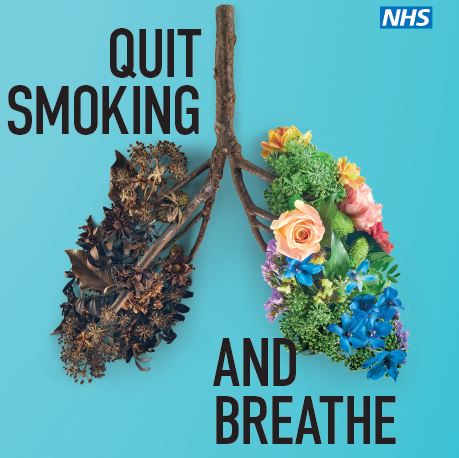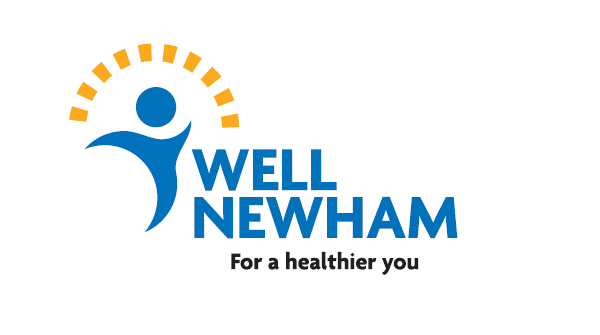Smoking and your health
Stopping smoking is the single biggest thing you can do to improve your health as it will reduce your risk of developing serious illness including cardiovascular disease, respiratory conditions and cancer, meaning you can live a longer healthier life.
In just one year (2024-2025), approximately 1000 residents have successfully quit at 4 weeks using Quit Well Newham Treating Tobacco Dependence Service and 133 residents have successfully quit at 4 weeks using Newham’s pharmacy smoking cessation service.
Smoking health risks
Smoking of any kind, not just cigarettes, but shisha, cannabis or any other substances increases your risk of serious illness.
Smoking causes around 7 out of every 10 cases of lung cancer (70%). It also causes cancer in many other parts of the body, including the:
- mouth
- throat
- voice box (larynx)
- oesophagus (the tube between your mouth and stomach)
- bladder
- bowel
- cervix
- kidney
- liver
- stomach
- pancreas
Smoking damages your heart and your blood circulation, increasing your risk of developing conditions such as:
- coronary heart disease
- heart attack
- stroke
- peripheral vascular disease (damaged blood vessels)
- cerebrovascular disease (damaged arteries that supply blood to your brain)
Smoking also damages your lungs, leading to conditions such as:
- chronic obstructive pulmonary disease (COPD), which incorporates bronchitis and emphysema
- pneumonia
Smoking can also worsen or prolong the symptoms of respiratory conditions such as asthma, or respiratory tract infections such as the common cold.
In men, smoking can cause impotence because it limits the blood supply to the penis.
It can also reduce the fertility of both men and women.
Source: NHS, What are the health risks of smoking?
Second-hand (passive) smoking – do not smoke in your home or car
Breathing in other people's smoke is known as exposure to second-hand smoke or passive smoking. When you smoke, it's not just your health that's put at risk, but the health of anyone around you.
Facts about second-hand smoke:
- It moves - most second-hand smoke comes from the tip of a burning cigarette. This makes it incredibly difficult to direct smoke away from those around you. If you smoke in one area of your home the harmful chemicals will spread quickly from room to room.
- It lingers – when you smoke indoors, the harmful chemicals can linger for up to 5 hours
- It’s invisible - more than 80 per cent of second-hand smoke is invisible and has no smell
- It puts kids at risk - children are especially vulnerable to second-hand smoke as they breathe faster than adults and therefore take in more harmful chemicals in second-hand smoke. This can put children at risk of bronchitis, asthma attacks, meningitis, ear infections and cot death.
- It puts pregnant women at risk – pregnant women who are exposed to second-hand smoke, are at an increased risk of complications during the pregnancy and after the birth. Second-hand smoke can reduce your baby's birthweight and increase the risk of sudden infant death syndrome (SIDS), also known as "cot death".
Source: NHS Take it right outside campaign
Smoke Free Cars
It is illegal to smoke in vehicles with someone under 18 present, and for a driver to fail to prevent smoking in a private vehicle with someone under 18 years old present. This law helps to protect children from the dangers of second-hand smoke. Both the driver and the smoker can be fined £50 if anyone smokes in the vehicle. Health risks of smoking during pregnancy.
Protecting your baby from tobacco smoke is one of the best things you can do to give your child a healthy start in life. It can be difficult to stop smoking, but it's never too late to quit.
Every cigarette you smoke contains over 4,000 chemicals, so smoking when you are pregnant harms your unborn baby. Cigarettes can restrict the essential oxygen supply to your baby. As a result, their heart must beat harder every time you smoke.
To find out more about the benefits of stopping smoking during pregnancy, visit the NHS website for further information.


